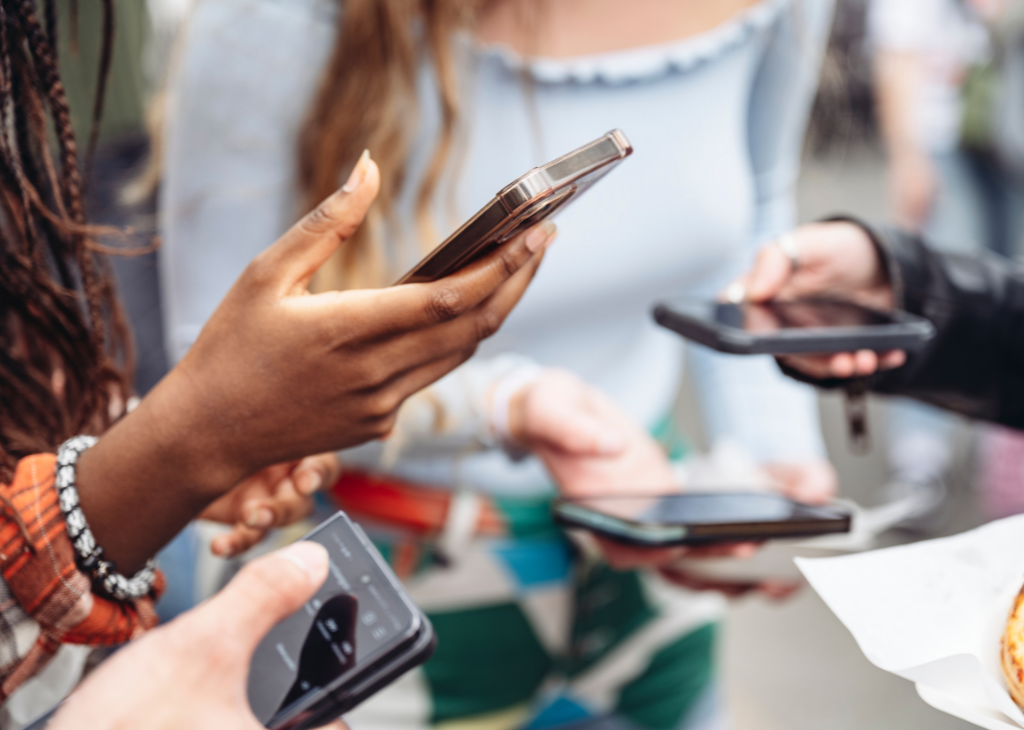This is David Geddes, past chair of the Institute for Public Relations Measurement Commission and principal of Geddes Analytics.
Today I am talking with Karla Chaves Brenes, managing director of the public relations and communications agency Próxima, based in San José, Costa Rica. Próxima specializes in corporate image and social responsibility.
 Karla, it was nice to meet you in Lima International Public Relations Association conference in September 2012. What were the highlights of the event from your perspective?
Karla, it was nice to meet you in Lima International Public Relations Association conference in September 2012. What were the highlights of the event from your perspective?
Thank you, David. First I have to mention I was delighted with the city of Lima. In addition I visited Cusco and Machu Picchu, which made it a very special trip. About the congress I appreciated the presentation of Deirdre Breakenridge concerning innovative uses of social media, especially in emerging economies like ours, which still have a long way to go. I also enjoyed the presentation of Helio Fred Garcia, who clearly showed how executives can assess crises, critical arena which must be mastered to reach success on this industry.
What were the objectives of the AmbientaDos campaign?
At Próxima we created the AmbientaDOS campaign a little over four years ago to promote our client, Kimberly Clark Costa Rica. The business objective was to recover raw materials in the form of fiber to manufacture paper products (toilet paper, napkins, paper towel). This business program gave us the opportunity to position our client as a recycling leader in the country.
In Costa Rica, the environmental issues are of great importance and there is a green conscience, but very little action is taken in some areas. We partnered with our client and offered the consumer the opportunity to recycle. We also established a partnership with one of the most important TV Channels in Costa Rica, Canal 7, and on the first Thursday and Friday of every month we offer information and education through this media. We have also found public and private areas to collect recyclable material (paper, carton, batteries, glass, aluminum, and others). We have been doing this uninterruptedly since March 2009.
How did you measure the communications results of the campaign?
We have seen results in different forms. Since the early months of the campaign consumer participation has grown, as well as the volumes of collected material. In our four years working on the AmbientaDOS campaign, AmbientaDOS have grown from two collection points to forty, located in all the seven provinces in Costa Rica. In August 2013 we reached the symbolic amount of 10,000 tons of collected materials that were transformed to recyclable material instead of trash. This has allowed our client, Kimberly Clark, to reduce the amount of imported new raw materials, which translates into lower production costs, hence decreasing their carbon footprint.
The campaign results have gone far beyond the environmental contributions. Consumer demand has been created. In some cases, family-based businesses which were already in the recycling business expanded. Many were casually involved in recycling as a side business. Now, they are established businesses that generate employment opportunities. AmbientaDOS has also created financial opportunities for womens’ associations, handicapped citizens, or in social risk, improving their quality of life. To each and every one of these initiatives there is a follow up and support program.
Our AmbientDOS Campaign has received much recognition in our country and abroad, as an innovative and sustainable recycling campaign, for its impact on: the environment, the quality of life, and as employment generator. For example, we were finalists in the IPRA 2013 Golden World Awards.
Has the campaign had measurable effects on behaviors? In other words, are they recycling more?
Indeed, we keep detailed statistic of the volume and quality of the material collected on every collection point. End-users (recycling businesses) now segregate the material from the point of origin (households and businesses). Material is then cleaned or washed, separated, and sorted. Currently, less than 2% of the collected material is discarded. Also through our partner, Canal 7, we educate consumers not only to recycle, but also to reduce and reuse materials at home.
Furthermore, we have changed the perception of what used to be “trash,” which now has become a commodity. Recyclers—the businesses that collect these materials and their employees—are now recognized as formal companies, with insurance coverage, training programs, and as worthy employment generators.
At Próxima we make sure every program we develop for corporate responsibility is sustainable and is able to generate synergy through multiple positive impacts to our customers reputation and image, and at the same time contributing socially nationwide.
Thanks for talking with us today. Please stop by for future installments of Five Minute Conversations, or read past interviews at https://instituteforpr.org/blog/.



